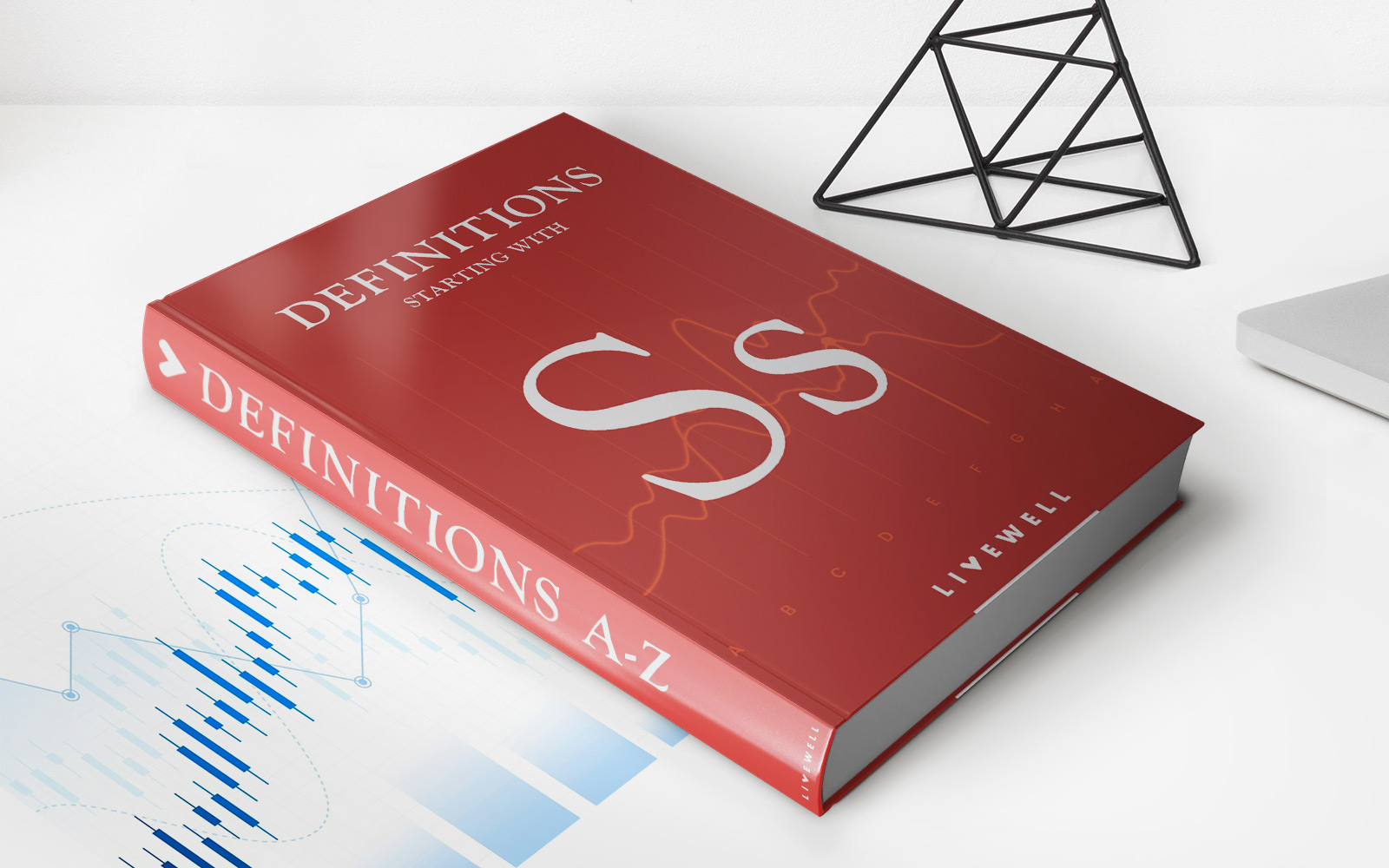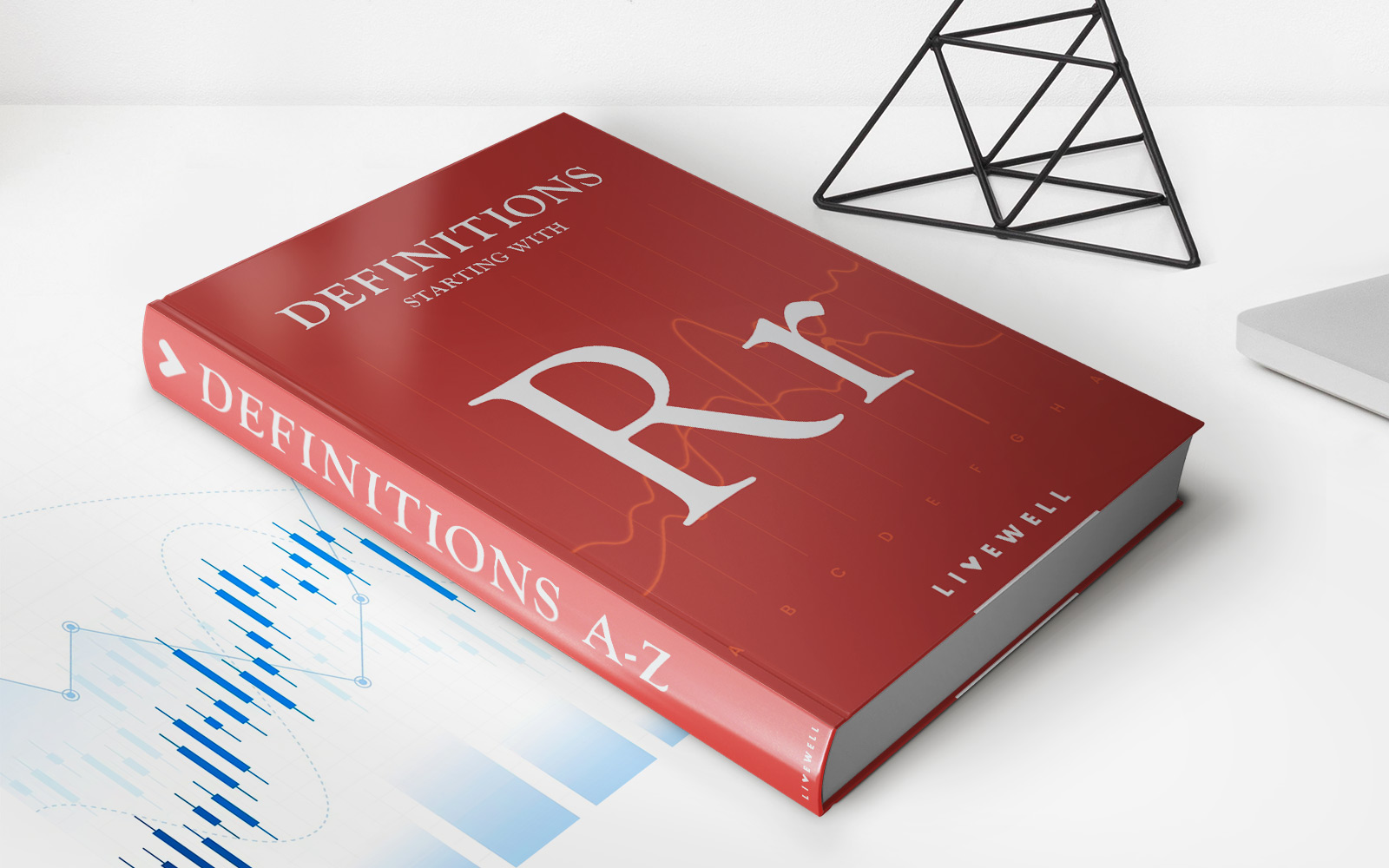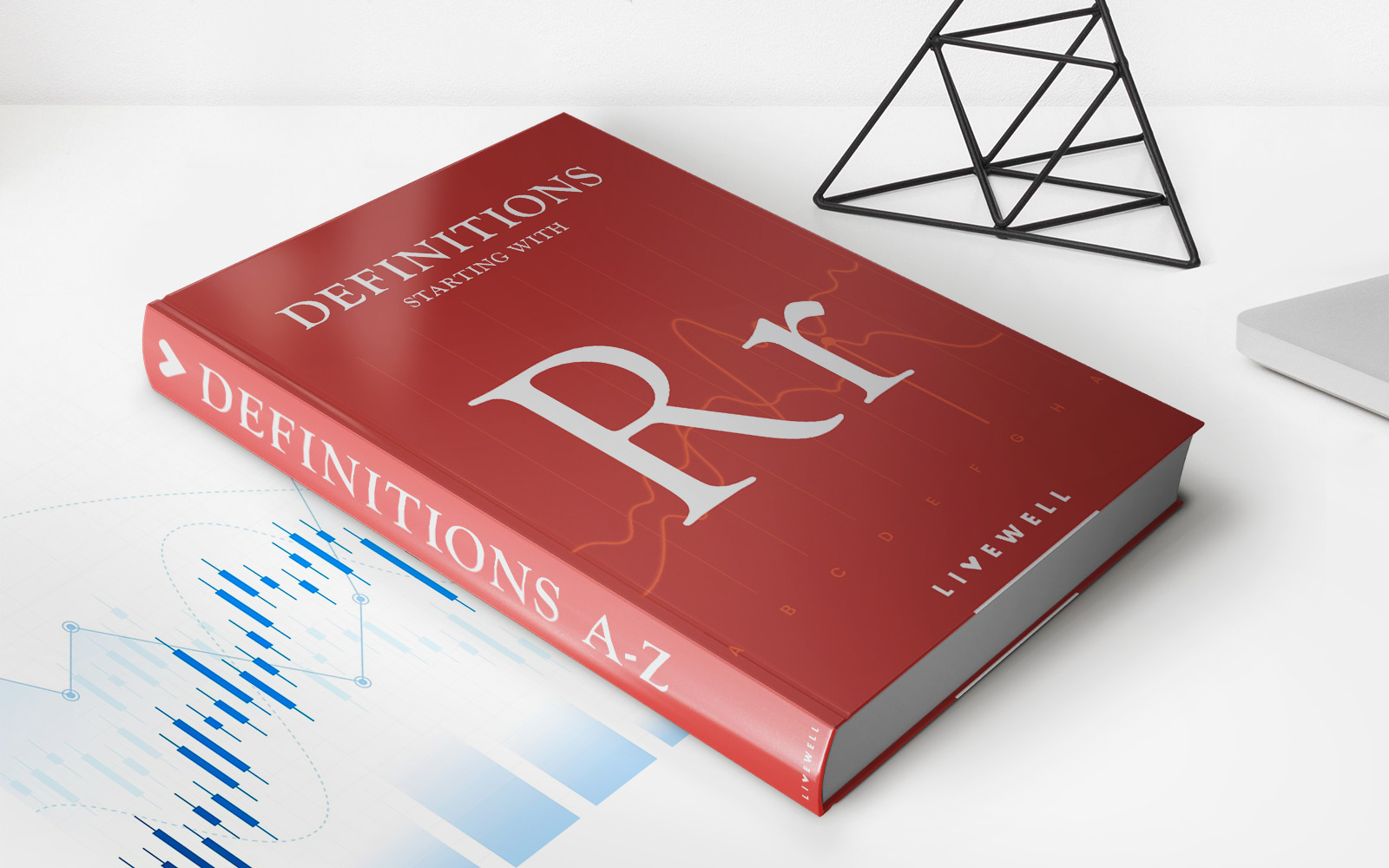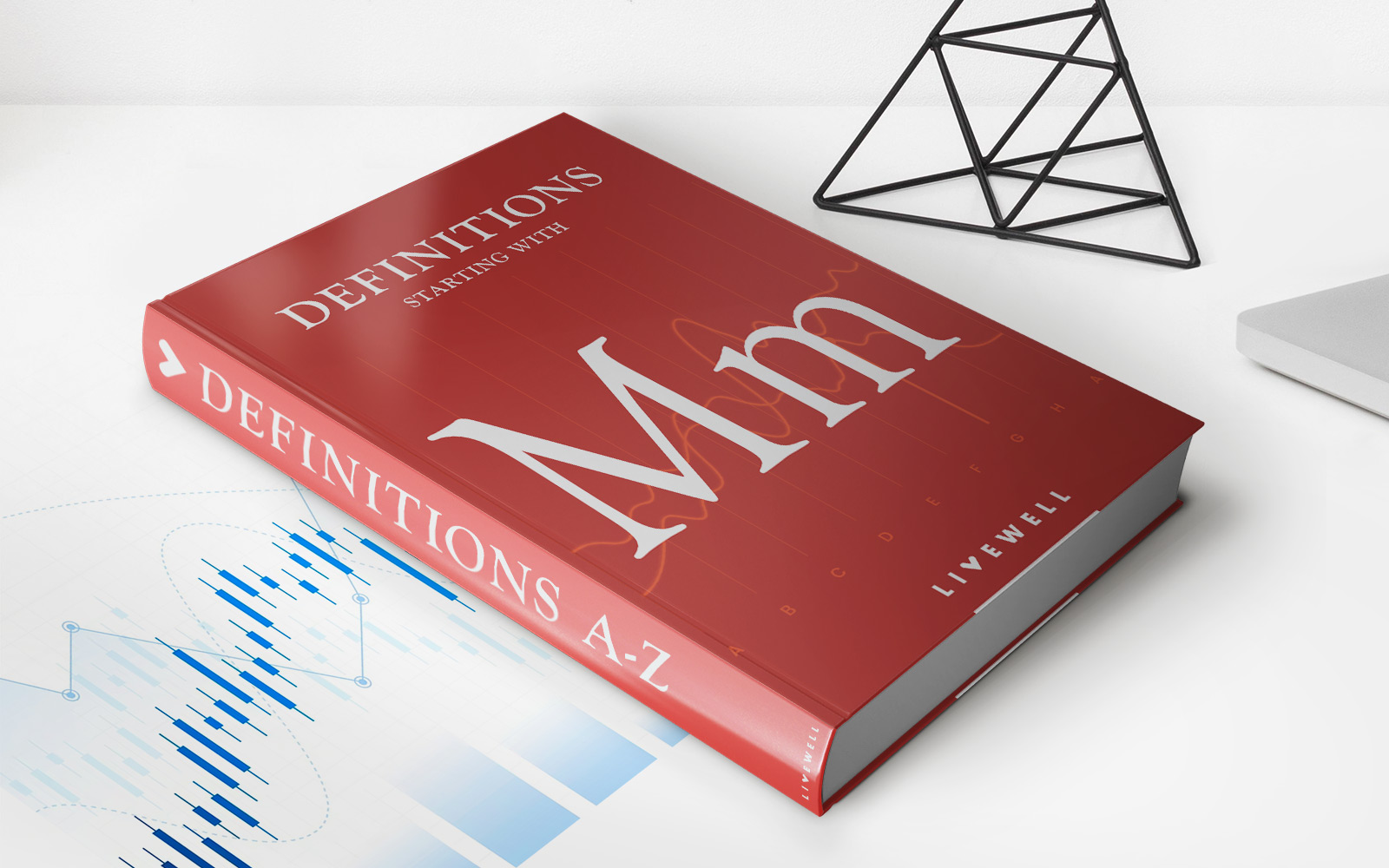Home>Finance>Sealed-Bid Auction Definition, How It Works In Real Estate Sales


Finance
Sealed-Bid Auction Definition, How It Works In Real Estate Sales
Published: January 23, 2024
Discover the meaning and process of sealed-bid auctions in real estate sales. Gain insights into the finance aspect of this unique sales method.
(Many of the links in this article redirect to a specific reviewed product. Your purchase of these products through affiliate links helps to generate commission for LiveWell, at no extra cost. Learn more)
Sealed-Bid Auction Definition: How It Works in Real Estate Sales
Welcome to another informative blog post under our Finance category. Today, we will be unraveling the intriguing world of sealed-bid auctions and how they work in the realm of real estate sales. You might be wondering, what exactly is a sealed-bid auction? Well, we’ve got you covered! In this post, we will explain the definition, process, and benefits of participating in a sealed-bid auction when buying or selling a property. Let’s dive in!
Key Takeaways:
- A sealed-bid auction is a format in which potential buyers submit their offers privately and simultaneously.
- The highest bidder typically secures the property, with the sale being finalized without any negotiation or counteroffers.
Understanding Sealed-Bid Auctions
What is a sealed-bid auction? A sealed-bid auction is a type of auction where interested parties, usually individuals or businesses, submit their bids privately and simultaneously without knowledge of competing offers or bidders. Unlike traditional auctions where bids are openly announced, the sealed-bid format adds an element of privacy and fairness to the process. It creates a level playing field for all participants and ensures that each bid is based solely on its own merits.
In real estate, sealed-bid auctions are commonly used for properties that are highly sought after or unique, such as luxury homes, commercial buildings, or properties with significant interest from multiple potential buyers. The process allows sellers to collect offers from interested parties within a specified timeframe, after which the bids are opened, evaluated, and a winner is determined.
How Does a Sealed-Bid Auction Work?
The process of a sealed-bid auction typically follows these steps:
- Announcement: The auction is announced to potential buyers, often through real estate agents, advertisements, or online listings.
- Property Inspection: Interested parties have the opportunity to visit and inspect the property before submitting their bids.
- Bid Submissions: Interested buyers submit their bids in a sealed envelope or through an online platform, ensuring the privacy and confidentiality of their offers.
- Bid Opening and Evaluation: Once the bidding period has closed, the sealed envelopes are opened, and the bids are assessed. This evaluation process may involve considering not only the offered price but also other factors such as financing terms, contingencies, and proposed closing dates.
- Winner Determination: The highest bid, meeting the seller’s minimum requirements or reserve price, is often selected as the winner. The seller may accept the bid immediately or enter into negotiations with the highest bidder to finalize the terms of the sale.
- Contract Signing: If an agreement is reached, the seller and winning bidder sign the necessary legal documents to complete the transaction.
The Benefits of Sealed-Bid Auctions
Participating in a sealed-bid auction offers several advantages for both buyers and sellers:
- Buyer Advantages:
- Privacy: Buyers can submit their bids confidentially, which eliminates the fear of competing directly with other buyers in real time.
- Transparency: The sealed-bid format ensures that all participants have an equal opportunity to present their offers, maintaining a fair and transparent process.
- Potential for Success: As bids are final, buyers have a chance to secure a property without negotiations or counteroffers from other parties.
- Seller Advantages:
- Competitive Atmosphere: Sealed-bid auctions generate competition among potential buyers, often leading to higher sale prices.
- Efficiency: The structured and time-limited nature of sealed-bid auctions allows sellers to receive and evaluate multiple offers within a specific timeframe, expediting the sales process.
- Certainty: Once a winning bid is selected, the sale can be finalized quickly, reducing the likelihood of the deal falling through due to extended negotiations.
Conclusion
In conclusion, a sealed-bid auction is a unique format used in real estate sales to ensure fairness, privacy, and efficient price discovery. Whether you are a buyer or seller, understanding the process and benefits of participating in a sealed-bid auction can help you navigate the real estate market more effectively. Consider consulting with a trusted real estate agent or auction specialist to gain further insights and maximize your chances of success in this exciting sales approach.
Thank you for reading our blog post on sealed-bid auctions in real estate sales. Stay tuned for more valuable content under our Finance category!














